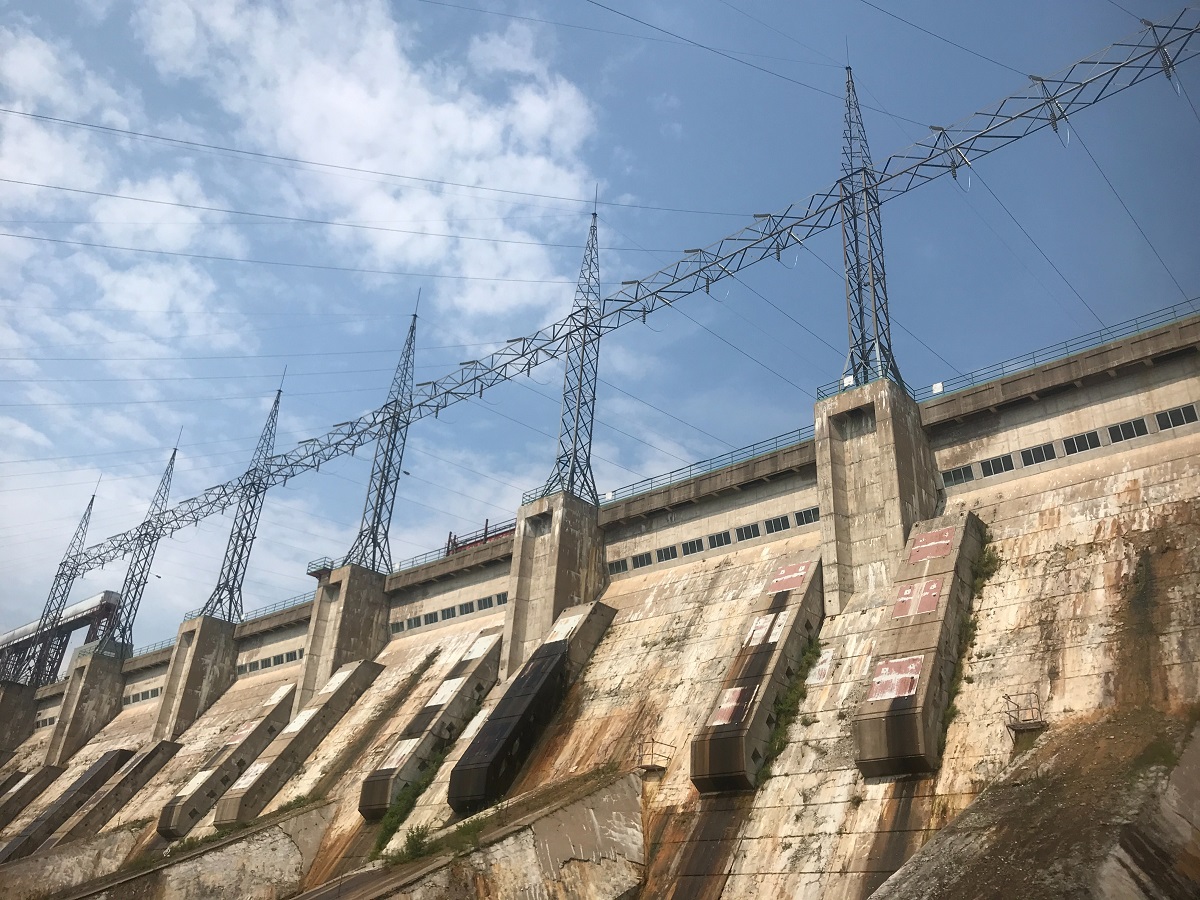Power shortages are a major worldwide issue that Africans are all too familiar with. Africa, on the other hand, has enormous water resources and has become highly reliant on hydroelectric generators to create electricity, ESI reported.
While wealthy countries have identified alternate renewable energy sources, Africa has not. One in every three Africans, according to the World Bank, does not have access to power. This not only keeps people in the dark for hours but also slows the region’s economic progress.
Furthermore, if no steps are done to address the electricity shortfall, more Africans would be left in the dark by 2030. Sub-Saharan Africans are projected to be the worst afflicted.
As a result, the continent intends to take steps to make the most of its water resources, create power, and give clean energy to rural and undeveloped areas.
The ability of a country, region, or continent to flourish depends on the amount of power it generates to fulfill the needs of its citizens.
Africa has long struggled with power supply issues owing to a lack of technical advancement, but hydroelectric generators provide a cost-effective and long-term answer.
Compact hydroelectric generators are growing in popularity across Africa due to their excellent performance qualities, according to a Future Market Insights analysis on the hydroelectric generators market.
Africa must not only modernize existing hydropower facilities but also generate new hydropower as it aims to disperse variable renewable resources. The power system master plans of the East Africa Power Pool (EAPP) and the South Africa Power Pool (SAPP), for example, place a strong emphasis on increasing hydropower capacity in the future years.
Throughout the area, renewable energy is at the center of national development strategies. 45 of Africa’s 53 NDCs (Nationally Determined Contributions) to the Paris Climate Agreement include quantitative sustainable energy objectives. These activities are in accordance with the Africa Infrastructure Development Program (PIDA), a continent-wide strategy that recognizes the need for major power networks while harnessing Africa’s tremendous renewable energy potential.
Power grids and large-scale hydropower projects are being prioritized on the North-South transmission line from Egypt to South Africa. Because of the abovementioned causes, Africa’s need for hydropower generators is predicted to skyrocket in the future years.

